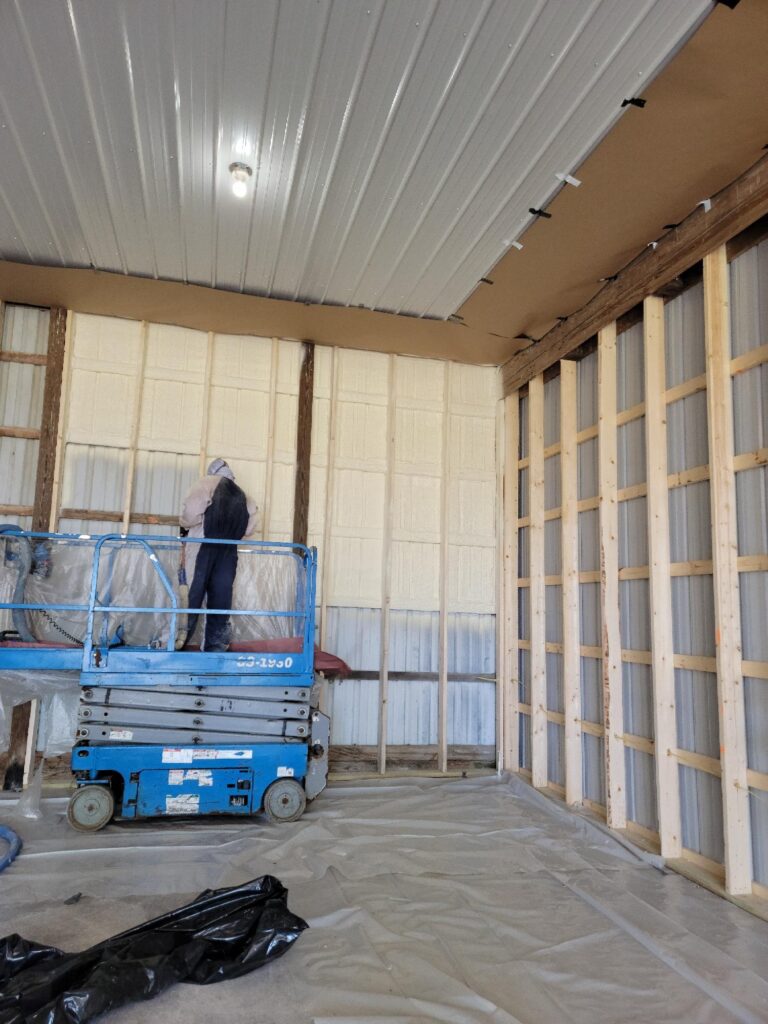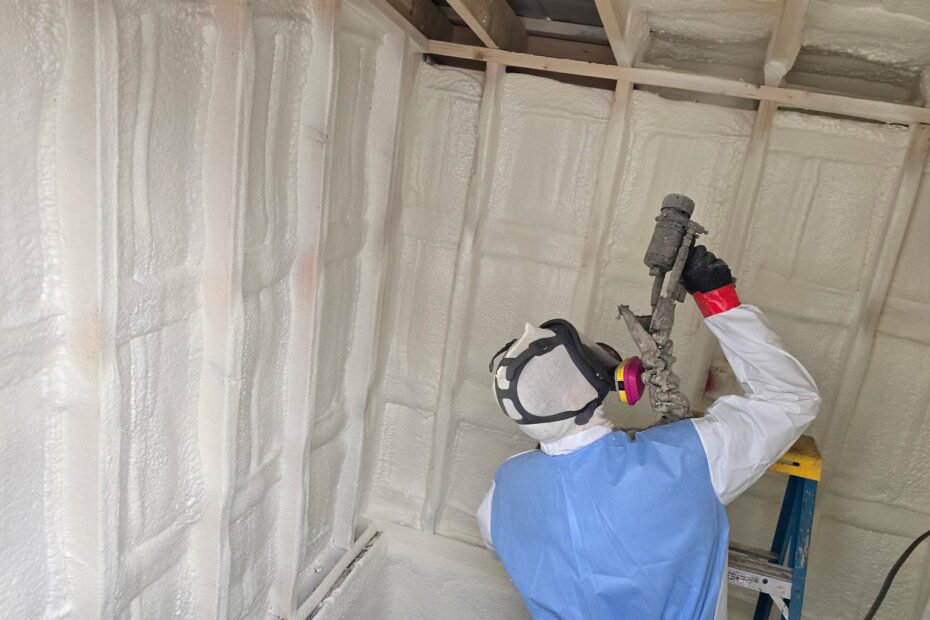
Energy efficiency is no longer just a buzzword—it’s becoming a cornerstone of smart homeownership and sustainable business practices. Thanks to the expanded 25C tax credit under the Inflation Reduction Act (IRA), homeowners and contractors alike are reaping financial and environmental rewards.
What Is the 25C Tax Credit?
Originally introduced in 2005 as a bipartisan initiative, the 25C tax credit has evolved into one of the most impactful policies for promoting energy-efficient upgrades. Expanded in 2022, this tax credit now offers homeowners a 30% credit on qualifying energy-efficient insulation projects, capped at $1,200 annually. The best part? It’s available every year. For example, homeowners can upgrade their basement insulation this year and tackle their attic next year, receiving up to $1,200 each time.
This annual availability not only makes energy-efficient upgrades more accessible but also encourages continuous improvements to homes over time.
Benefits Beyond Homeowners
The ripple effect of the 25C tax credit extends far beyond individual households. By incentivizing energy-efficient building solutions, it drives innovation among manufacturers and supports contractors in developing skilled workforces to meet growing demand. Better building materials mean stronger homes, lower energy bills, and a thriving homebuilder industry.
Spray foam insulation, for instance, is a standout product in this space. Known for its dual function as an insulator and air sealant, spray foam can save homeowners up to 15% on heating and cooling costs. Experts often highlight insulation upgrades as one of the most effective ways to lower energy bills—and with spray foam’s ability to pay for itself within 5 to 10 years through energy savings, it’s easy to see why it’s gaining popularity.
A Booming Industry
The spray foam insulation sector exemplifies how tax credits like 25C fuel economic growth. According to a study by IBE, this industry is valued at $2.78 billion and employs nearly 55,000 people across all 50 states. Many of these operators are independent small businesses that have expanded their teams to meet rising demand—a testament to how energy-efficient solutions are fostering job creation and economic resilience nationwide.
A Win-Win Policy
The expanded 25C tax credit is more than just a financial incentive; it’s a catalyst for change. It empowers homeowners to reduce their energy bills while supporting small businesses that innovate and deliver better building materials. Importantly, this policy transcends political divides—it’s an investment in sustainability, economic growth, and improved living standards for all Americans.
Whether you’re a homeowner looking to lower your monthly expenses or a contractor seeking opportunities in a growing industry, the 25C tax credit is paving the way for a brighter, more energy-efficient future.
